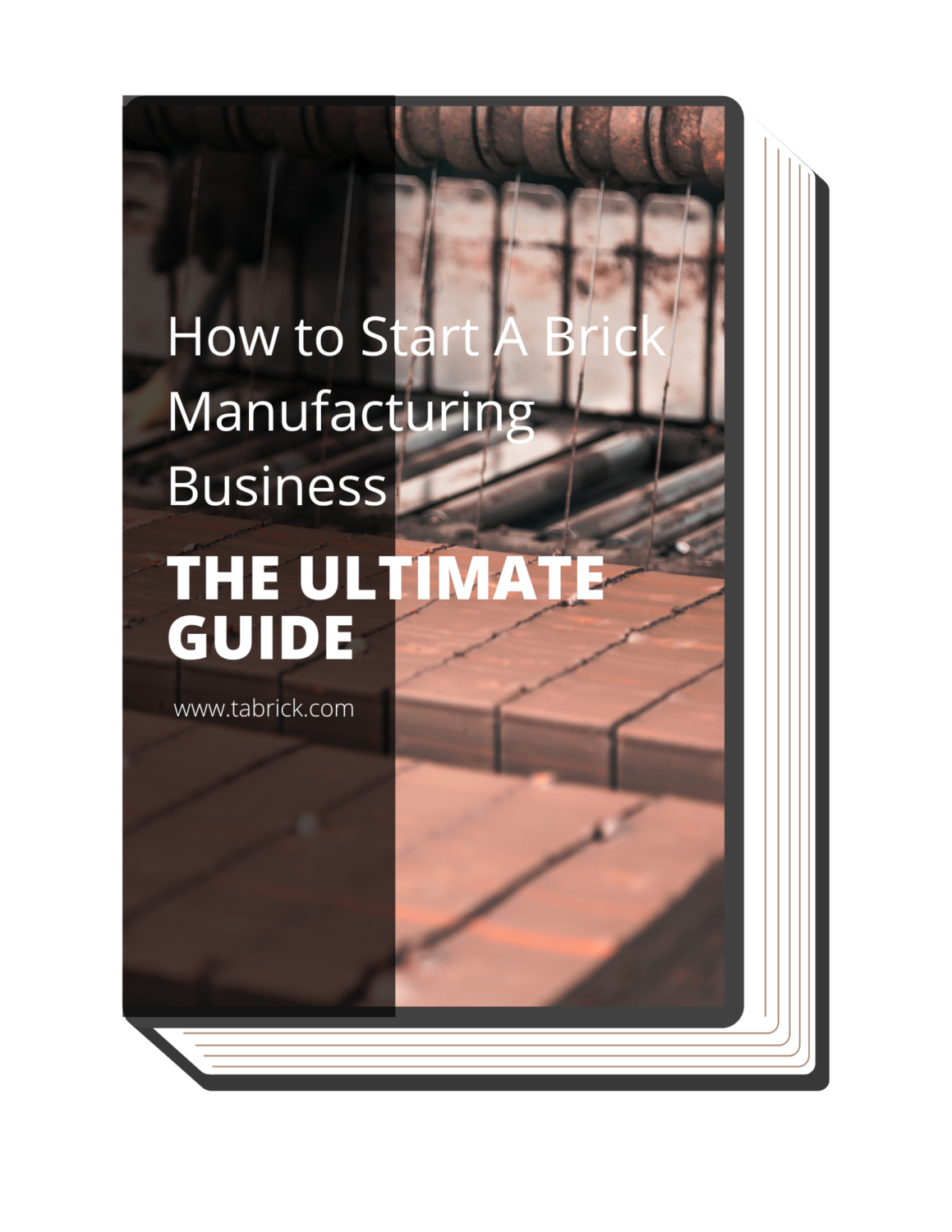#1 Price and Cost-Effectiveness
Consider the machine's upfront cost and its operation's long-term cost-effectiveness. For example, always remember that a higher production capacity may be more expensive upfront. According to Jessica Zhang, a sales manager of AIMIX, a high-quality machine's durability, and reliability can provide a long lifespan and minimize the need for costly repairs in the future, making it a wise investment in the long run.
#2 Production Capacity
Consider the volume of blocks you need to produce and choose a hollow block machine with a capacity that meets your requirements. Evaluating your current growth projections and production volume is important to ensure your chosen machine can handle your demand. Based on a report by Market Research Future (MRFR), growth projections in the hollow blocks market are anticipated to grow at 2.60% by 2030
#3 Durability and Reliability
Look for one that is built to last and requires minimal repairs. Look for machines made of high-quality materials that can withstand heavy use.
#4 Quality of Output
Look for a machine that produces high-quality blocks with consistent sizes and shapes. For example, if you are opting for low-quality machines. It may lower the initial cost of your machine, but in the long run, it is a more costly decision. Such components are more prone to malfunction and wear and tear, requiring frequent repairs that can consume valuable time, energy, and financial resources.
#5 Customer Support
Always choose a manufacturer that offers reliable customer support, including technical assistance, maintenance, and training services. Here at Tabrick, we truly provide exceptional service to our customers throughout the lifespan of our hollow block machine. We offer a range of services, including technical support, maintenance services, training, spare parts, and warranties, to ensure that our customers get the most out of their investments.




